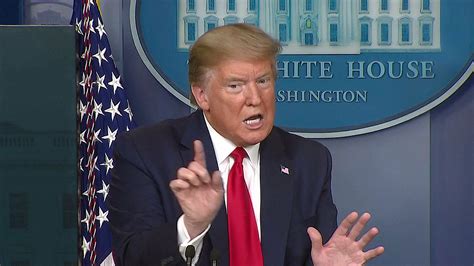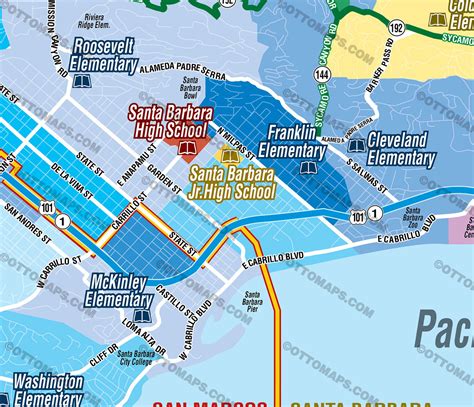The concept of falsehoods and their impact on public discourse has been a topic of significant interest, particularly in the context of political leadership. Donald Trump, the 45th President of the United States, has been at the center of numerous controversies surrounding statements that have been deemed inaccurate or misleading. This article aims to explore some of the most significant falsehoods attributed to Trump, examining the context, implications, and the broader discussion around truth and political rhetoric.
Introduction to Political Rhetoric and Truth
Political discourse often involves a complex interplay between facts, opinions, and persuasions. Leaders use rhetoric to convey their visions, policies, and values, sometimes walking a fine line between inspiring their base and misleading the public. The ability to discern fact from fiction is crucial in a democratic society, where informed citizens are the backbone of decision-making processes.
Economic Claims: Growth, Jobs, and Trade
One of the pivotal areas where Trump’s statements have been scrutinized is economics. Claims about unprecedented economic growth, job creation, and the outcomes of trade policies have been subject to factual analysis. For instance, while the economy did experience growth during Trump’s presidency, assertions about its pace and comparison to previous administrations have been disputed. The creation of jobs and the impact of trade wars, particularly with China, have also been points of contention, with data often painting a more nuanced picture than initially presented.
Healthcare and the Affordable Care Act
Healthcare has been another contentious issue, with the Affordable Care Act (ACA), also known as Obamacare, being a focal point. Trump’s statements about the act’s shortcomings, his plans for its repeal and replacement, and the consequences of these actions have been heavily analyzed. The complexity of healthcare policy and the personalized nature of healthcare experiences contribute to the difficulty in discerning the accuracy of broad statements about the system’s effectiveness and proposed changes.
Immigration and Border Security
Immigration policy, including the construction of a border wall and the treatment of asylum seekers, has been marked by controversial statements. The portrayal of immigration trends, the necessity and feasibility of a physical barrier, and the legal and humanitarian implications of policy changes have been subjects of extensive debate and fact-checking. The emotional and often polarizing nature of this topic can make it challenging to separate fact from rhetoric.
Climate Change and Environmental Policy
Climate change, a globally recognized scientific phenomenon, has seen its fair share of controversial statements, including those questioning its existence, cause, or significance. Trump’s decision to withdraw from the Paris Agreement and roll back environmental regulations has been justified with claims about the pact’s purported negative impact on the U.S. economy and the overestimation of climate change risks. These positions have been met with widespread criticism from the scientific community and international leaders.
Conclusion: The Impact of Political Rhetoric on Public Discourse
Understanding the dynamic between political leadership, public discourse, and the truth is essential in today’s information age. The dissemination of misinformation, whether intentional or not, can have profound effects on public opinion, policy making, and the functioning of democratic institutions. It underscores the importance of a critically thinking populace, a free and diligent press, and leaders committed to transparency and accuracy.
Expert Insight
The essence of leadership often lies in the ability to inspire and persuade. However, this must be balanced with a commitment to truth and transparency. In an age where information flows freely but can also be easily manipulated, the onus falls on both leaders and citizens to prioritize factuality and critical thinking.
FAQ Section
What has been the general response to Trump's controversial statements?
+Reactions have been highly polarized, with supporters often defending the statements as part of a broader political vision, while critics view them as detrimental to public trust and democratic norms.
How can citizens navigate the complexity of fact and fiction in political discourse?
+Citizens can benefit from consulting multiple news sources, fact-checking websites, and scholarly analyses. Engaging in civil discourse and being open to reassessing one's beliefs based on new information are also crucial.
What role do social media platforms play in the dissemination of political information and misinformation?
+Social media platforms have become primary channels for the spread of information, including misinformation. They face ongoing challenges in balancing free speech with the need to curb the spread of falsehoods and manipulative content.
Future Implications
As political landscapes continue to evolve, the interaction between leadership, media, and the public will remain critical. The reliance on factual information, coupled with a nuanced understanding of the complexities involved in policy making, will be indispensable for fostering a well-informed citizenry. This, in turn, can lead to more resilient democratic institutions and a political culture that values transparency and accuracy.



